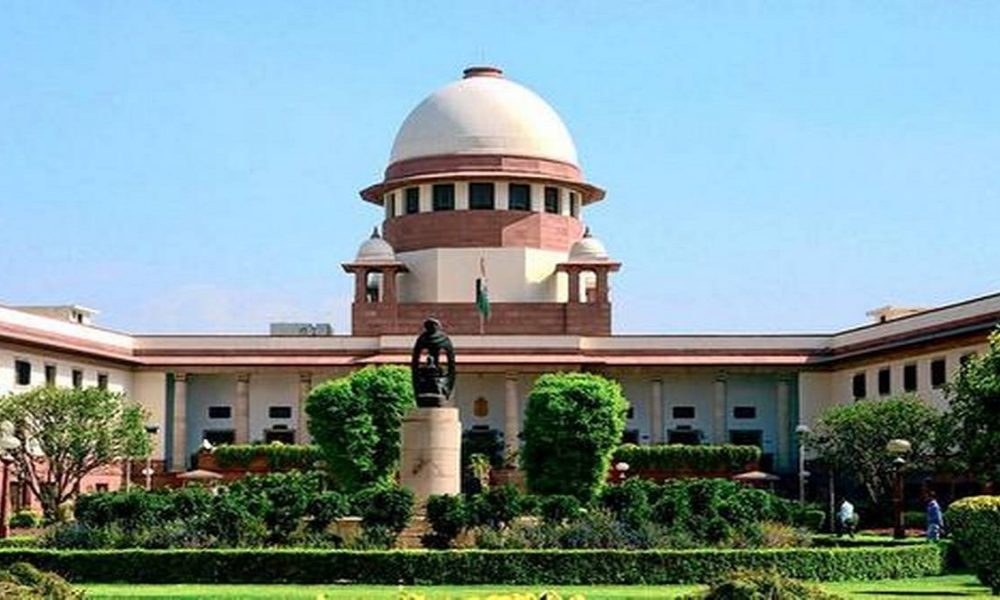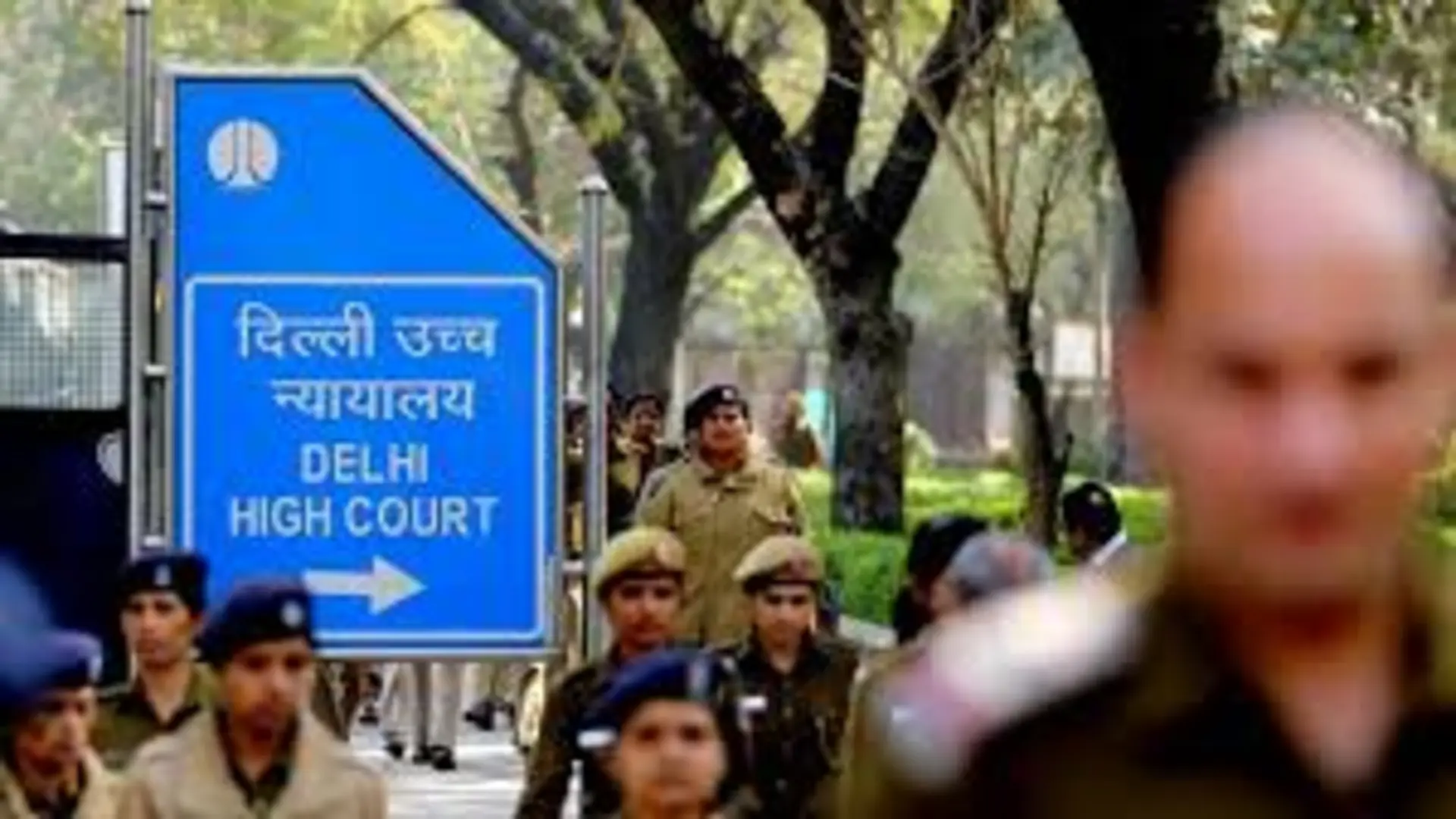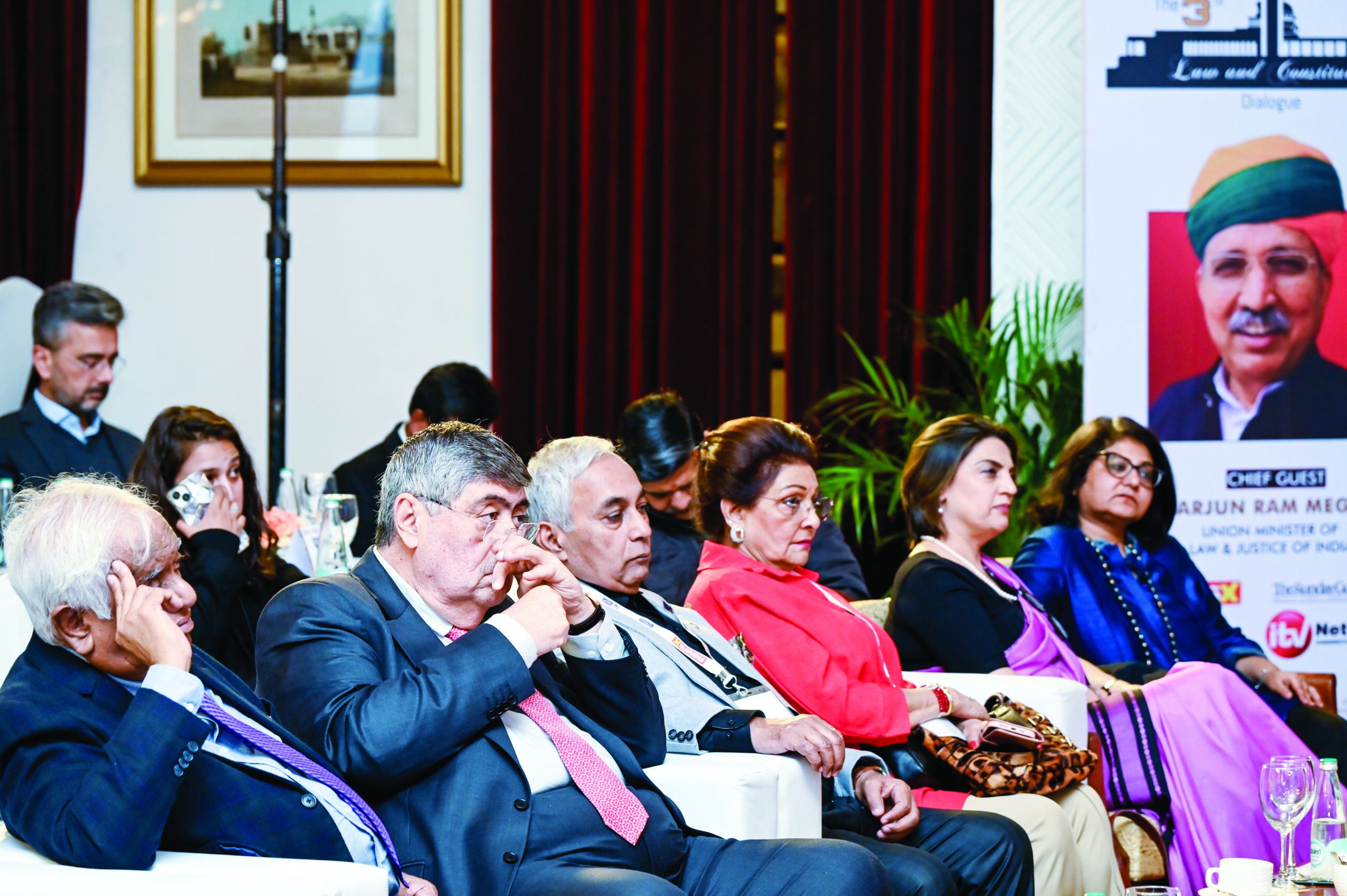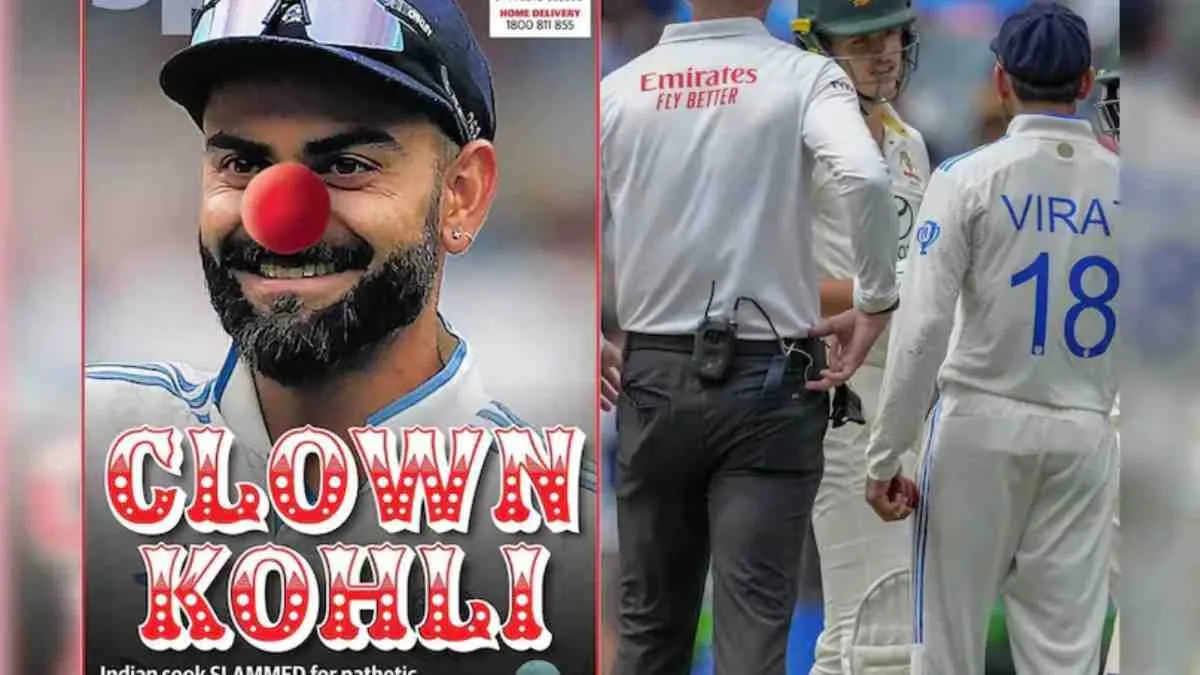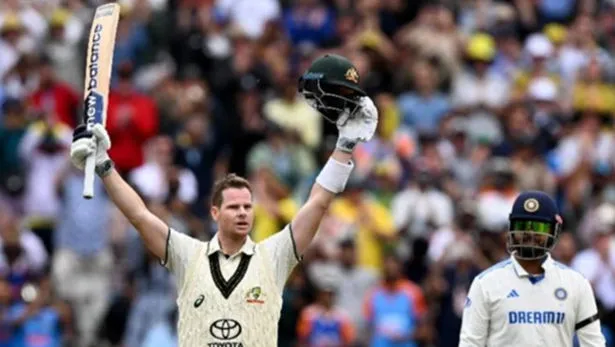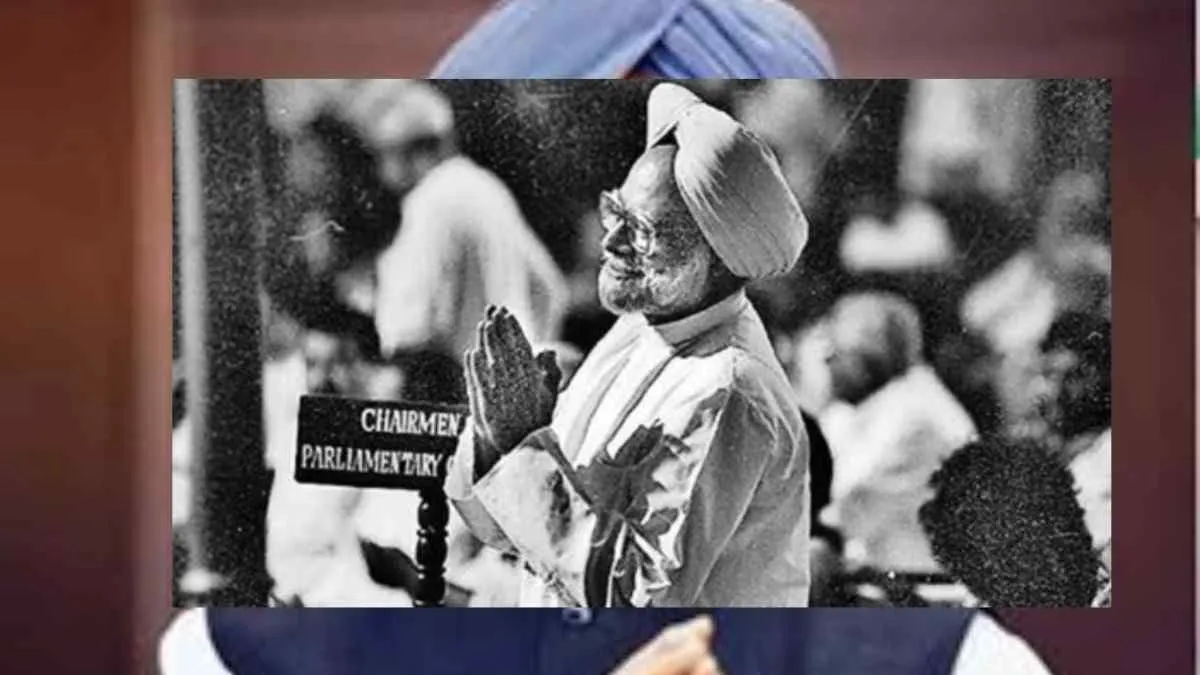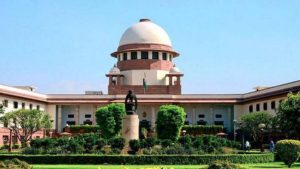After the Supreme Court upheld Tata Sons decision to remove Cyrus Mistry as chairman of the Tata Group on Friday, Rata Tata, Emeritus Chairman of Tata Sons said that the judgement validates values and ethics which are guiding principles of the Tata Group.



In a statement issued soon after the judgement was delivered, Ratan Tata said, “I appreciate and am grateful for the judgement passed by the honourable Supreme Court today. It is not an issue of winning or losing. After relentless attacks on my integrity and the ethical conduct of the group, the judgement upholding all the appeals of Tata Sons is a validation of the values and ethics and have always have been the guiding principles of the group. It reinforces the fairness and justice displayed by our judiciary”
A bench comprising of Chief Justice Sharad Arvind Bobde, AS Bopanna and V Ramasubramanian pronounced the judgement. Tata Sons were represented by Senior Advocates Harish Salve and Abhishek Manu Singhvi, they were briefed by Karanjawala&Co. which acted as the law firm for Tata Sons
It may be recalled that Cyrus Mistry, was appointed as chairman of Tata Sons in 2012 and was removed in October 2016, following which he moved the National Company Law Tribunal (NCLT) stating that his removal was in pervasive violation of the Articles of Association. Mistry also said that his removal was akin to ambush and blood sport. Tata Sons on the other hand maintained that the board was within its right to remove Mistry and that no wrongdoing was done.
On the issue of reinstatement of Cyrus Mistry as Chairman of Tata Sons by National Company Law Appellate Tribunal (NCLAT), the judgement says that, the Orignal motive of the complainant companies was to restrain Tata Sons from removing Cyrus Mistry as Director. Subsequently, there was a climb down and complainant companies sought what they termed reinstatement of a representative of the complainant companies. Thereafter, it was modulated into a cry for proportionate representation on the Board.
In this background it was repeatedly argued both before the NCLAT and before this Court that hate objective of the litigation was not to have Mistry reinstated. Interestingly, NCLAT understood what the complainant companies actually wanted, though they attempted to camouflage their intentions with legal niceties. Therefore, despite there being no prayer for reinstatement of Mistry either as Director or as Executive Chairman of Tata Sons, NCLAT directed the restoration of Mistry of Executive Chairman of Tata Sons and as Director of Tata Companies for the rest of the tenure.
While granting much more than what the complainant companies and Mistry themselves thought as legally feasible, NCLAT failed to notice one important thing. The appointment of Mistry as Executive Deputy Chairman of Tata Sons was to be for a period of five years from April 1, 2012 to March 31, 2017, subject to approval of the shareholders. In the meeting of the shareholders held on August 1, 2012, the appointment of Mistry as Executive Deputy Chairman was approved and the general body left it to the board to re designate Mistry as Chairman. Accordingly, the Board re designated Mistry as Executive Chairman, with effect from December 29, 2012 by a resolution passed on December 18, 2012.
The Judgment of the NCLAT was passed on August 12, 2019, by which time, a period of nearly 7 years had passed form the date of Mistry’s appointment as Executive Chairman. Therefore, we fail to understand as to how NCLAT could have granted relief not apparently sought for (though wished for) and what NCLAT meant by reinstatement for the rest of the tenure. That the question of reinstatement will not arise after the tenure of office had run its course, is a settled position. While so, it is incomprehensible that NCLAT directed reinstatement, and that too, of a Director company, after the expiry of his term of office. Needless to say that such a remedy would not have been granted even by a labour court/service Tribunal in matters coming within their jurisdiction.
The Judgment says that NCLAT appeals to have granted the relief of reinstatement gratis without any foundation in pleadings, without any prayer and without any basis in law. By doing so, the NCLAT has forced upon the appellant an Executive Chairman, who now is unable to support his own reinstatement.
The judgment said that all questions of law are liable to be answered in favour of the applicants – Tata Group and the appeals filed by the Tata Group are liable to be allowed and the appeals filed by the S.P. Group are liable to the dismissed. But before we do that we should also deal with the application moved by the S.P. Group before us during the pendency of the proceedings, praying for alternative relief of directing Tata Sons and others to cause a separation of ownership interests of the S.P. Group in Tata Sons through a scheme of reduction of capital by extinguishing the shares held by the S.P. Group in lieu of fair compensation effected through a transfer of proportionate shares of underlying listed companies, with the balance value of unlisted companies and intangibles including brand value being settled in cash.
Interestingly, such an application was filed after Tata Group moved an application for restraining S.P. Group from raising money by pledging shares and this court passed an order of status quo on September, 22, 2020. For the first time, S.P. Group seems to have realised the futility of litigation and the nature of the order that the tribunal can pass under Section 242.
That is reflected in….the application, where S.P. Group has tasted that they are seeking such an alternative remedy as a means to put an end to the matters complained of. As a matter of fact, S.P. Group should have sought such a relief from the Tribunal even at the beginning. As we have pointed out elsewhere a divorce without acrimony is what is encouraged both in England and India under the statutory regime. But in appeal under Section 423 of the Companies Act, 2013, this Court is concerned with questions of law arising of the order of NCLAT. Therefore, we will not decide this prayer.
It should be pointed out at this stage that Article 75 of the Articles of Association is nothing but a provision for an exit option (though one may think it an an expulsion option).
After attacking Article 75 before NCLT, the S.P. Group cannot ask this Court to go into the fixation of question of fixation of fair value compensation for existing an exit option. What is pleaded in Paragraph 72 of the application for separation of ownership interests, require an adjudication on facts, of various items. The valuation of the shares of S.P. Group depends of the value of stake of Tata Sons in listed equities, unlisted equities, immovable assets etc. , also also perhaps the funds raised by SP Group on security pledge of these shares.
Therefore, at this stage and in this Court, we cannot adjudicate on the fair compensation. We will leave it to the parties to take Article 75 route or any other legally available route in this regard.
A bench comprising of Chief Justice Sharad Arvind Bobde, A.S. Bopanna and V. Ramasubramanian pronounced the judgement. Tata Sons were represented by Senior Advocates Harish Salve and Abhishek Manu Singhvi, they were briefed by Karanjawala & Co., which acted as the law firm for Tata Sons.

